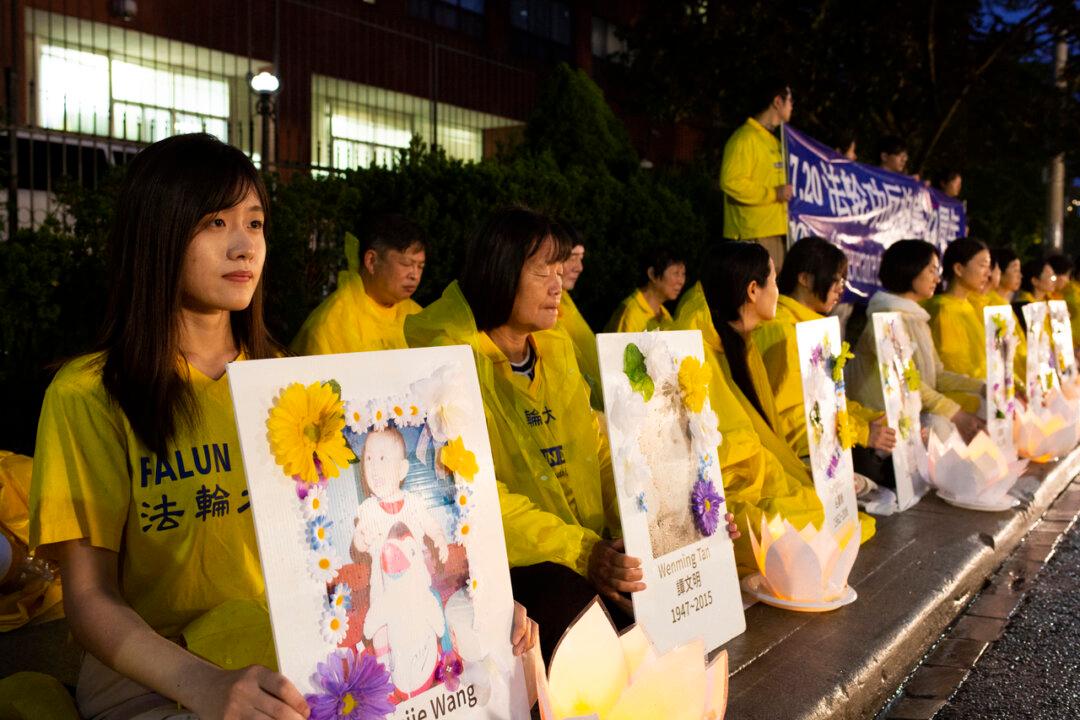A former official of China’s notorious “610 Office,” known for its fierce persecution of Falun Gong practitioners, was residing in Vancouver at the time of his death, according to an official obituary.
Zhang Guoqiang, originally from Zhejiang Province, had served in various Chinese military and government roles, including as the director of the provincial 610 Office, according to the obituary published on local online news outlet Zhejiang Daily. He died at the age of 70 in Vancouver on Nov. 15, 2021, reportedly succumbing to an illness after unsuccessful medical treatments.





